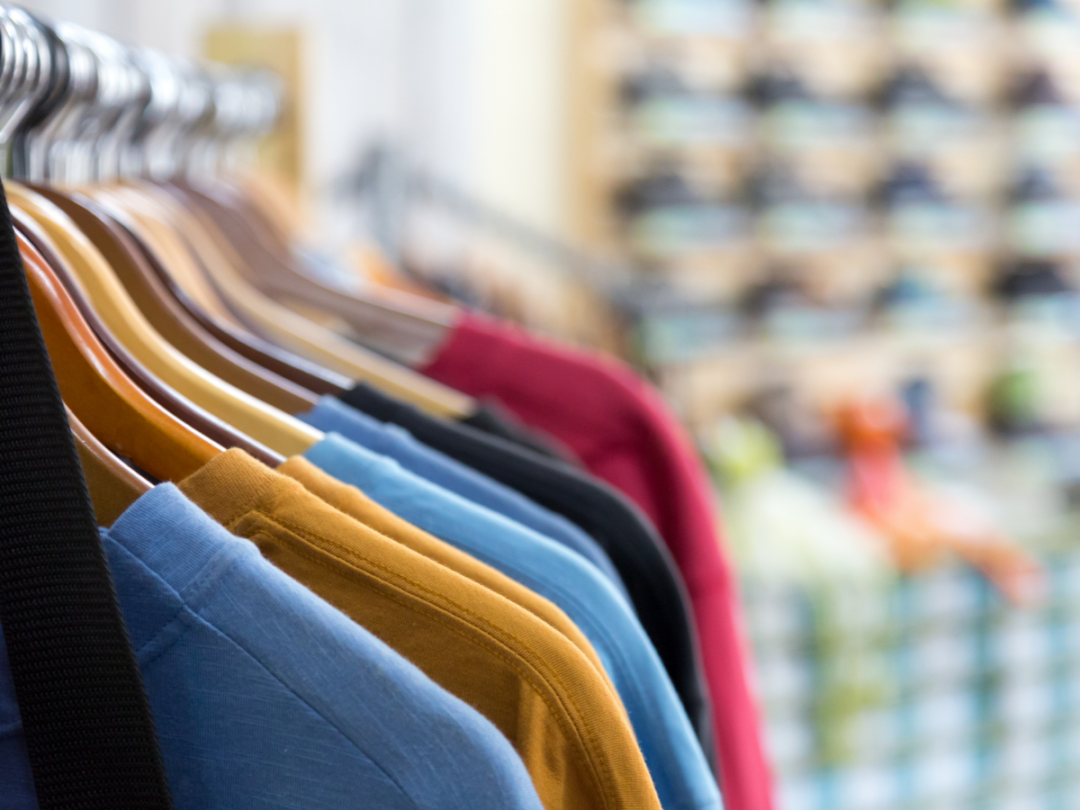
Visit Our Sponsors |
|
|
|
|
|
|
|
|
|
|
|
|
|
|
|
|
|
|
|
|
|
|
|
|
|
|
|
|
|
|
|
|
|
|
|
|
|
|

Global firms from mining to fashion risk massive compensation payouts in a proposed European Union crackdown on human-rights abuses and environmental breaches set to be unveiled this week.
The ethical supply chain rules, which target some 4,000 international businesses and 13,000 inside the 27-nation bloc, would allow victims to sue for compensation if companies or their suppliers don’t halt violations, according to draft EU documents seen by Bloomberg News. The proposals could still be changed before they are finalized.
“The fact that this draft law would allow victims of corporate abuse around the world to seek justice in EU courts makes this a watershed moment for human rights and the environment,” said Richard Gardiner of advocacy group Global Witness. “The European Commission has realized that a strong law to hold corporations to account is popular with citizens around Europe.”
The move to instigate sweeping EU-wide legislation follows a similar German effort agreed on last year by then-Chancellor Angela Merkel’s government to rein in firms and suppliers around the world that breach human rights.
Watch: Extending ESG Compliance Across the Entire Supply Chain
Under the EU measures, which also target industries such as footwear, forestry and chemicals, firms would need to show they’re checking on labor violations, health and safety, child workers or environmental breaches in their own manufacturing processes and with direct business partners. They would risk sanctions from new European supervisors and compensation lawsuits if they didn’t fulfill their duty of care.
Businesses “are liable for damages if they fail to comply with the obligations” to “prevent, or where prevention is not possible or not immediately possible, minimize potential adverse human rights impacts and adverse environmental impacts” with suppliers, the proposal says.
‘Human Rights’
“The transformation to a more sustainable economy is a key political priority for this commission,” EU spokesman Christian Wiegand said in an email. The proposal “is about fostering long-term, viable and responsible business models, which incorporate climate and environmental considerations and are in line with human rights.” He declined to comment on details of the draft.
The rules aim at EU companies with worldwide revenue of more than 150 million euros ($170 million) and at least 500 employees, as well as firms in “high-impact” industries, including clothing and mining, if they make more than 40 million euros a year and have 250 employees, the draft says. For companies based elsewhere, they can be targeted based on revenue generated in the EU. The financial industry is excluded.
Read more:
Big Green Brands Have a Dirty Supplier Problem, CDP Says
Net-Zero Plans of the Biggest Global Companies Don't Add Up
By creating a higher standard, the rules may help companies that want to push suppliers to improve conditions but which lack the leverage to do so, the EU document says.
Such “front-runner companies arguably cannot go as far as they would want to in addressing sustainability issues including those in the value chains today,” according to the EU text.
The EU document acknowledges that “it will in practice be difficult to prevent all risks through global value chains” and excludes companies from being liable “beyond established direct suppliers.”
The draft rules also include a provision potentially linking executives’ pay to a company plan to ensure the business is making efforts to limit global warming.
RELATED CONTENT
RELATED VIDEOS
Timely, incisive articles delivered directly to your inbox.

